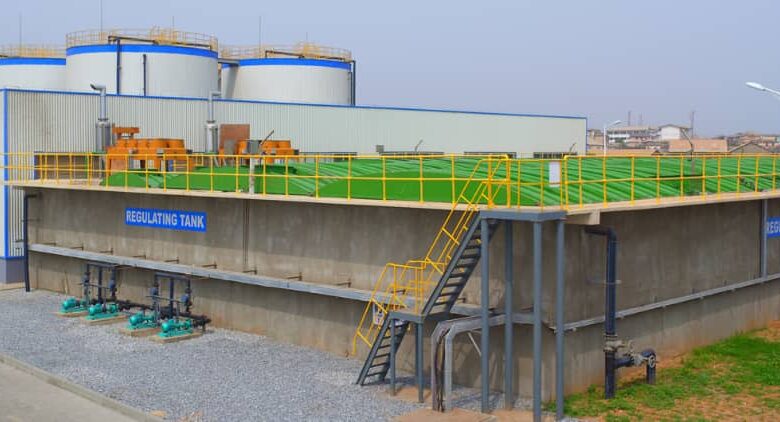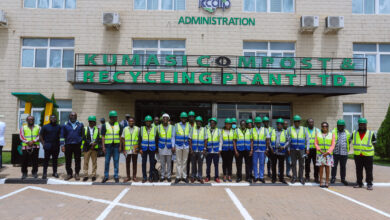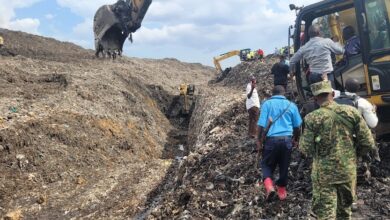SSGL’s Innovation Builds Resilience for Sustainable Farming Amid Water Scarcity

In the face of growing water scarcity, Sewerage Systems Ghana Limited (SSGL) has introduced an innovation that uses treated wastewater from faecal treatment plants (FTP) to support sustainable farming practices in Ghana. This innovative solution which was showcased at this year’s MOLE XXXV conference in Ho in the Volta region is being applied in aquaculture and other agricultural activities, offering a practical approach to managing water resources while reducing waste.
Ing. Dennis Ofori-Amanfo, Quality Control and Innovation Officer at SSGL, shared in an interview with Metro News how treated wastewater is playing a key role in catfish farming. The treated water, which undergoes thorough processing to ensure it meets health and safety standards, is used to cultivate catfish in an organic and chemical-free environment. Ofori-Amanfo highlighted that the catfish produced through this method are healthier, stronger, and more flavorful than those raised using traditional methods with chemical additives. “We want to assure consumers that the fish cultivated with this treated water are not only safe but also tastier and more nutritious,” he said.
SSGL’s innovative system recycles treated effluent, allowing it to be reused multiple times in the fish farming process. This system promotes energy conservation and minimizes waste, contributing to a circular economy model. According to ing. Ofori-Amanfo, the system has achieved remarkable results, with an 86% survival rate of the catfish and an average growth rate of 0.9 cm per fish per day. The method’s success aligns with broader efforts to promote sustainable agriculture and resource conservation globally.
Beyond aquaculture, treated wastewater is being reused for agricultural purposes such as garden and lawn irrigation. This ensures that nearly all of the treated water is productively repurposed, addressing key challenges related to food security and environmental sustainability in Ghana.
Ofori-Amanfo underscored the importance of this approach as a sustainable model that can be replicated across various agricultural sectors. “This innovation shows how we can turn wastewater into a valuable resource for food production. It’s a safe, sustainable way to boost agricultural productivity while conserving water,” he noted.
With water scarcity becoming an increasing concern, SSGL’s wastewater reuse system is expected to be adopted by more sectors of Ghana’s agriculture industry. As this model continues to gain traction, it is poised to contribute to building a more resilient and sustainable agricultural system for the future.




